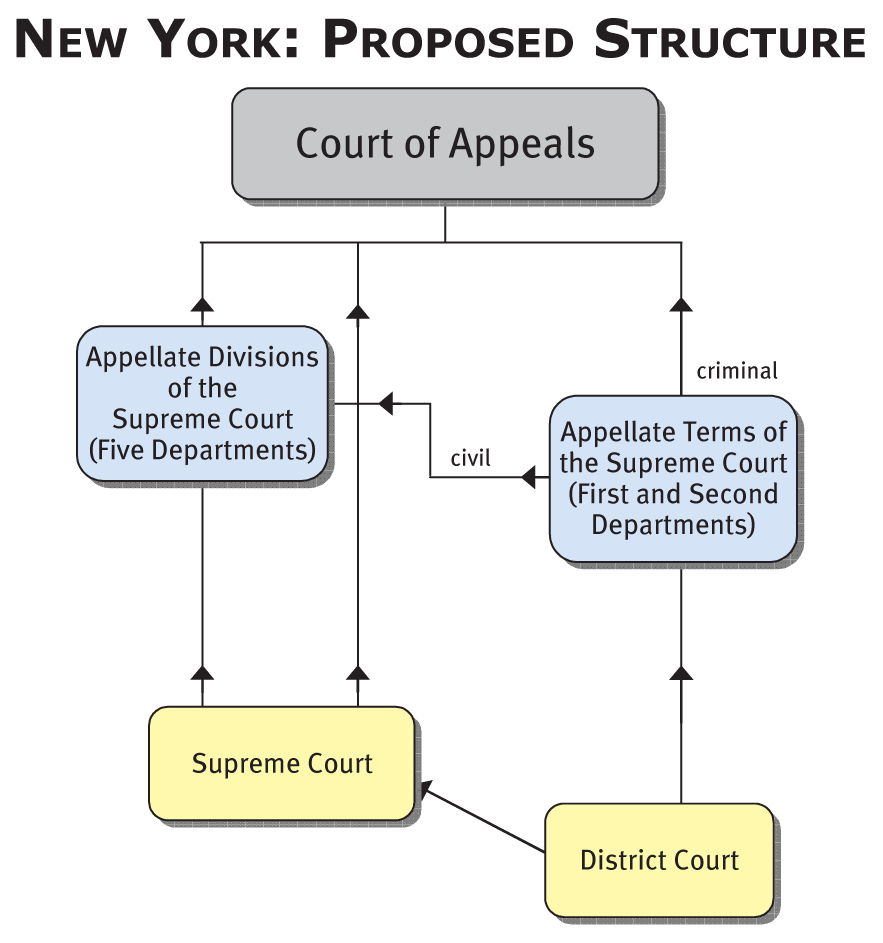The New York City Administrative Code is a cornerstone of local governance, shaping the daily lives of residents and businesses across the city. As one of the most comprehensive legal frameworks in the United States, it governs everything from public behavior and business operations to housing standards and environmental regulations. This guide explores the key components of the code, its enforcement mechanisms, and its impact on the city’s infrastructure and community.
What Is the New York City Administrative Code?
The New York City Administrative Code is a collection of local laws that regulate various aspects of life in the city. It includes rules related to public safety, business licensing, housing, sanitation, and more. These regulations are designed to maintain order, protect residents, and ensure fair practices for businesses and individuals.
Key Areas Covered by the Code
- Public Spaces: Noise control, street vending, and cleanliness.
- Business Licenses: Requirements for operating a business, including food establishments and taxi services.
- Housing Regulations: Tenant protection, building maintenance, and rent stabilization.
- Enforcement Agencies: Oversight by departments such as the Department of Buildings (DOB), Department of Consumer and Worker Protection (DCWP), and the New York City Police Department (NYPD).
Enforcement Agencies and Their Roles
Several agencies are responsible for enforcing the Administrative Code, each with specific duties:
1. Department of Buildings (DOB)
The DOB ensures that construction and zoning laws are followed. It has the authority to issue stop-work orders, revoke permits, and conduct inspections to ensure buildings meet safety standards.
2. Department of Consumer and Worker Protection (DCWP)
This agency regulates businesses, ensuring they follow licensing and consumer protection laws. It can investigate complaints, impose fines, and suspend operations for repeated violations.
3. New York City Police Department (NYPD)
The NYPD enforces public safety provisions, such as noise ordinances and street vending regulations. It also works closely with the Office of Administrative Trials and Hearings (OATH) to handle cases related to code violations.
4. Department of Housing Preservation and Development (HPD)
HPD ensures compliance with tenant protection laws and housing standards. It requires landlords to provide essential services like heat, hot water, and pest control.
5. Department of Sanitation (DSNY)
DSNY enforces waste management rules, including keeping sidewalks clean and managing trash disposal.
Regulated Categories Under the Code

The Administrative Code covers several critical areas, ensuring that the city remains safe, functional, and equitable for all residents.
Public Spaces
Regulations on public spaces include:
– Noise Control: The Department of Environmental Protection (DEP) issues fines for excessive noise from construction, vehicles, or businesses, ranging from $220 to $2,625.
– Street Vending: Unauthorized vendors face fines starting at $250, increasing to $1,000 for repeat violations.
– Sidewalk Cleanliness: DSNY issues fines from $50 to $300 for litter, snow, or debris, with repeat offenders facing additional penalties.
Business Licenses

Businesses must comply with licensing requirements:
– General Vendors: Fees range from $200 to $340, with fines up to $500 per violation for operating without a license.
– Restaurants: Must obtain permits and undergo inspections by the Department of Health and Mental Hygiene (DOHMH). Violations can result in fines from $200 to $2,000.
– Taxis and For-Hire Vehicles: Drivers require a TLC license, with fines up to $10,000 and vehicle impoundment for unauthorized operation.
Housing Regulations
Housing laws protect tenants and ensure safe living conditions:
– Landlord Responsibilities: HPD requires landlords to provide heat, hot water, and pest control. Noncompliance results in fines from $250 to $1,000 per violation.
– Rent Stabilization: Landlords who illegally overcharge tenants face fines up to $2,000 per violation.
– Short-Term Rentals: Prohibited in most buildings for stays under 30 days without the owner present. Violations can lead to fines from $1,000 to $7,500.
Inspection and Penalty Procedures
Enforcement agencies conduct regular inspections to identify violations. These can be routine, such as DOB safety checks, or triggered by complaints. Inspectors document infractions with photographs, reports, and witness statements.
Violations result in a notice detailing the infraction and legal basis, often with a deadline for corrective action. Some violations, such as unsafe building conditions, may lead to immediate stop-work or vacate orders.
Failure to comply can lead to escalating penalties. Some violations require hearings before OATH, where administrative law judges determine penalties. In public health cases, agencies may perform necessary remediation and bill property owners, with unpaid charges becoming a lien against the property.
Administrative Appeals

Individuals or businesses disputing violations can challenge them through an administrative appeal. The first step is a hearing before OATH, where respondents present evidence and argue against the violation. Hearings may be in person, by phone, or through written submissions.
If the OATH ruling is unfavorable, respondents can appeal to the OATH Appeals Unit within 30 days, citing legal or procedural errors. The Appeals Unit reviews the case record but does not conduct a new hearing. Decisions may affirm, modify, or overturn the original ruling.
Conclusion
The New York City Administrative Code is a vital framework that ensures the city operates safely, efficiently, and fairly. From regulating public spaces to protecting tenants and businesses, the code plays a crucial role in maintaining the quality of life in New York. Understanding its provisions and enforcement mechanisms is essential for residents, business owners, and anyone involved in the city’s development.
Stay updated with the latest news and developments in the New York City Administrative Code to navigate the city’s regulatory landscape effectively.












More Stories
Understanding Administrative Sanctions: Key Examples and Correct Responses
US Trending News: What You Need to Know About the Kamehameha Schools Lawsuit